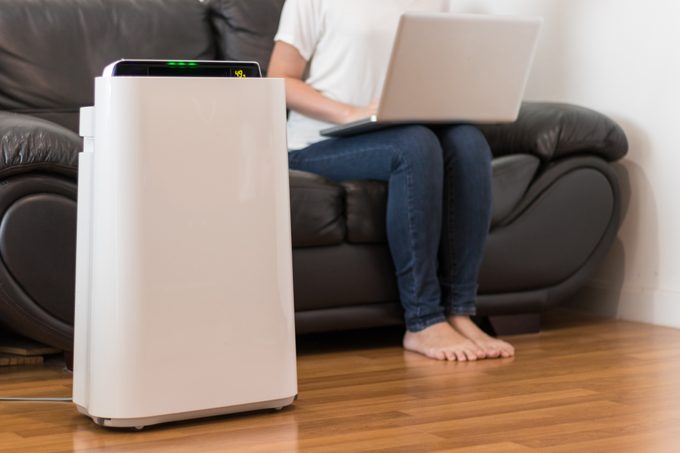Feeling short of breath
Nearly 8 percent of American adults live with asthma, or inflammation of the airways, reports the Centers for Disease Control and Prevention (CDC). The very challenging news: There is no cure.
But once diagnosed—and with a pulmonary expert, respiratory therapist, immunologist, or allergist guiding you along—you can make lifestyle changes and begin a treatment program that will dramatically improve your quality of life.
Signs, symptoms, and causes of asthma
Often at their worst early in the morning or late at night, asthma symptoms include difficulty breathing, chest tightness, wheezing, and coughing. The airways of people with asthma are always inflamed, and when exposed to an environmental trigger (say, wildfire smoke, dust, pet dander, mold, or another allergen) they may experience an asthma attack. During an attack, all of those symptoms worsen, according to the American Academy of Allergy, Asthma, and Immunology (AAAAI).
About 60 percent of people with asthma also have allergies, a combo condition called allergic asthma, reports the Asthma and Allergy Foundation of America (AAFA).
People with a family history are more likely to develop asthma. Compared with other types of asthma, allergic asthma is most likely to have a genetic component.
Additionally,
Keep reading this article on The Healthy

